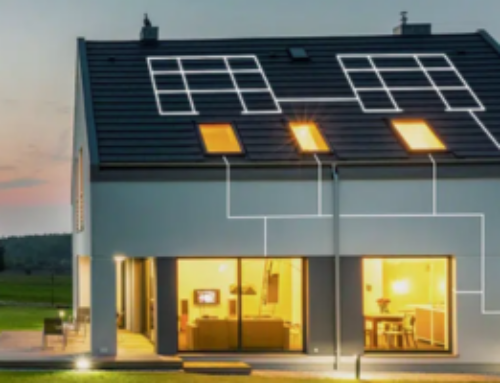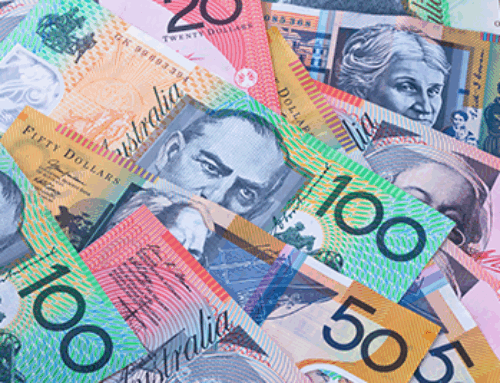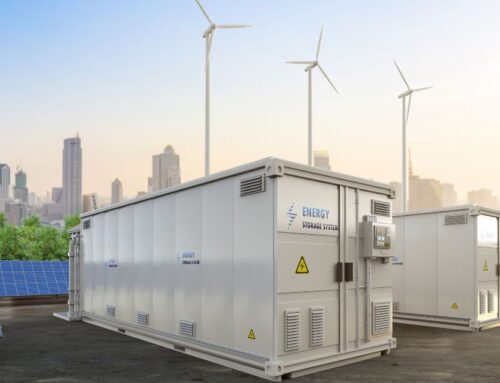
Image sourced from https://www.cfa.vic.gov.au/
Bushfire Safety – Keeping Family and Friends Safe
Fires can start quickly, threatening homes and lives within minutes. Don’t wait for a warning to follow your bushfire survival plan. Your safest option is always to leave early.
If it’s too late to leave, you may need to seek shelter as the fire front approaches. Trying to leave once it’s too late can be deadly. Fire agencies say the main priority is sheltering from radiant heat.
- Seek shelter in a well-prepared home that can be actively defended, a private bunker built to regulation or at a community shelter or refuge.
- Make sure you have protective clothing on and have your survival kit with you.
- Shelter in a room on the side of the house opposite to the approaching fire. Make sure you can see what’s happening outside.
- Make sure you have a clear exit which allows you to escape the building if it catches fire.
- Never shelter from a bushfire in a bathroom.
- If your house is on fire, move outside to burnt ground, where the fire has already passed.
- Be aware of how conditions can change quickly.
- Try to put a solid object, like a concrete wall or building, between you and the radiant heat from the fire.
- Only shelter in a vehicle or fire bunkers as a last resort.
Leaving once a bushfire is near your home is extremely dangerous, but if you have no other option you can go to your local place of last resort — a ploughed paddock or the beach, dam or river — but DON’T shelter in water tanks.
You should plan to leave early to avoid this situation.
*Information sourced from – https://www.abc.net.au/emergency/what-to-do-if-there-is-a-bushfire-in-your-area/102236834
Below is key information, links and contact numbers for you.
Importantly, after a fire, DO NOT touch any wiring or cables. Do not go near any surfaced water as it may be electrified. If in doubt, stay away and call a licenced electrician or your local SES to further assistance or help.



